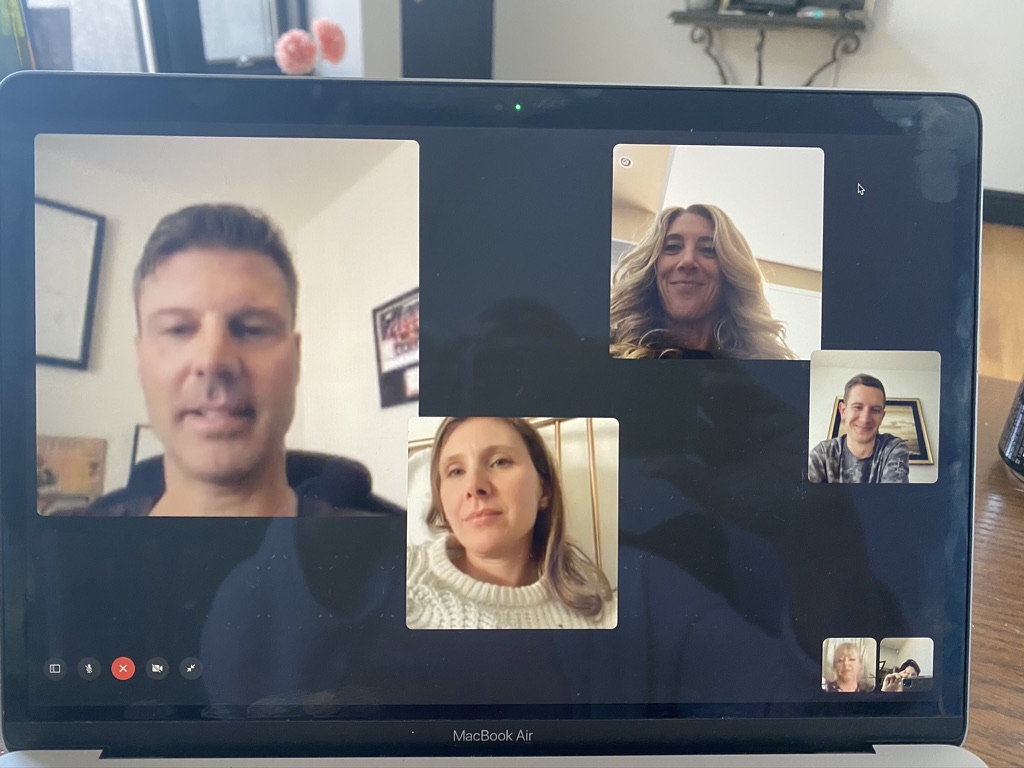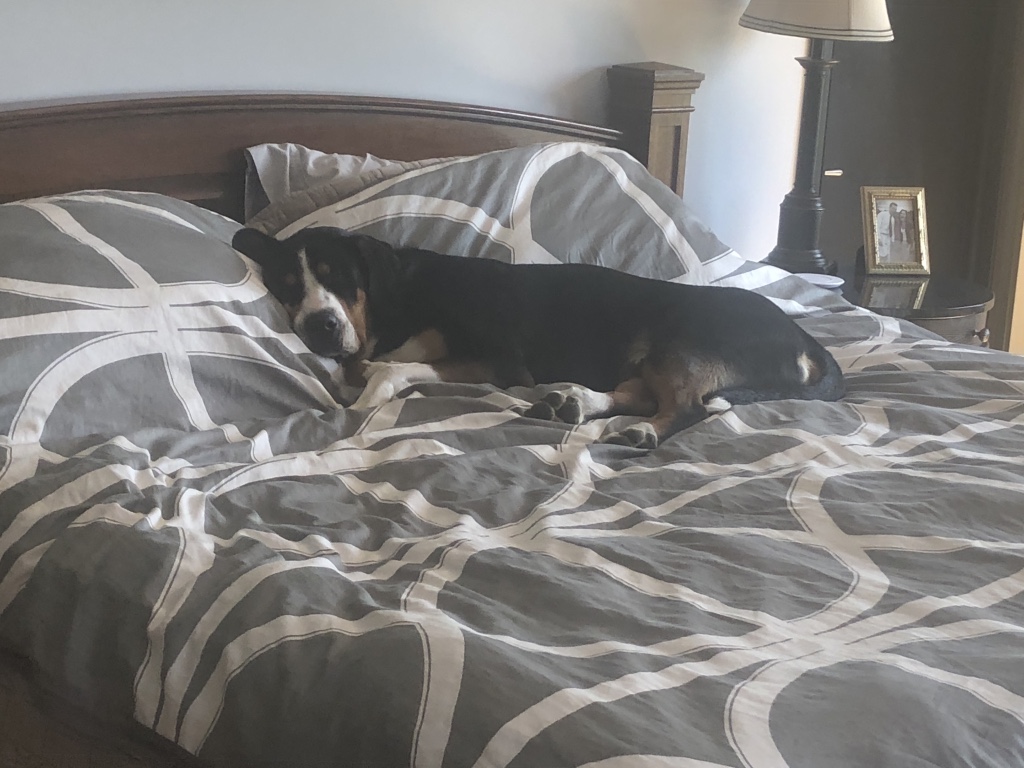As we move into the third week of physical distancing, many people are finding the transition a challenge to mange. Kids, house work, and work-tasks all need our attention, at a time when our capacity is depleted. Today our wonderful team member, Dr. Pat Ferris, shares some practical strategies to help those of us who are now working from home.
- Keep a schedule. If you can keep your regular schedule, this will keep some familiar routine. If you can’t keep your old schedule, find a schedule that works for you. This might even feel good!
- Get washed and dressed and get out of your PJs – and get out of bed too!
- ‘Commute’ to work. Some people have described walking around the block before coming into the house to go to work.
- Work in area separated for the purpose of work. If you live in a small space or don’t have a room for an office, can you screen off or organize furniture so that you have a space designed for work?
- Use headphones to cancel out noise if you are in a busy home. And be careful of confidentiality. Make sure that others in your home can’t hear you talking.
- Take regular breaks. Get a tea/coffee, go out for a walk/run during lunch if this is your routine.
- Take breaks with co-workers. Can you have a virtual coffee or lunch date with co-workers?

Video platforms are a useful way to connect to others while we practice physical distancing.
- Use video as much as you can. It makes communication better when you can see someone’s body language and facial expressions.
- Keep in touch with your supervisor/manager -ask for / give positive feedback and support.
- Have some fun but be respectful of others while emailing, texting, messaging and virtual meetings. Think twice before sending memes and jokes.
- On the other hand, keep pictures of soothing scenes or funny images that make you laugh around you.
- Leave work behind a closed door/space at the end of your workday. Take that walk around the block, do a mental visualization of leaving work and being home.
- Be compassionate with yourself. Working from home can be a change that requires adjustment and this requires additional energy. You may find yourself more tired. Take a 15-minute nap if you can, talk to someone, chill.
- If you feel anxious, take a moment and breathe, stretch, meditate, and practice gratitude for all the positives we have. This too will pass … and maybe out of all this, we can develop a renewed appreciation for life, health, connections and peaceful moments.
- If you are struggling with anxiety, worry, depression and coping you are not alone. We can help. The value of sharing your thoughts and struggles with a listening and supportive person can make a big difference for you.

Be compassionate with yourself. You may find yourself more tired. Take a 15-minute nap if you can, talk to someone, chill.
What are some ideas you have implemented? Please share with us here, Instagram, or FaceBook!
Dr. Pat Ferris is a registered Clinical Social Worker who has worked in a wide range of clinical settings such as hospitals, community mental health, Employee Assistance Programs and private practice for over 35 years. She also has a Ph.D. in Industrial Organizational Psychology where she studied quality of life issues related to work such as stress, bullying and work life balance.
